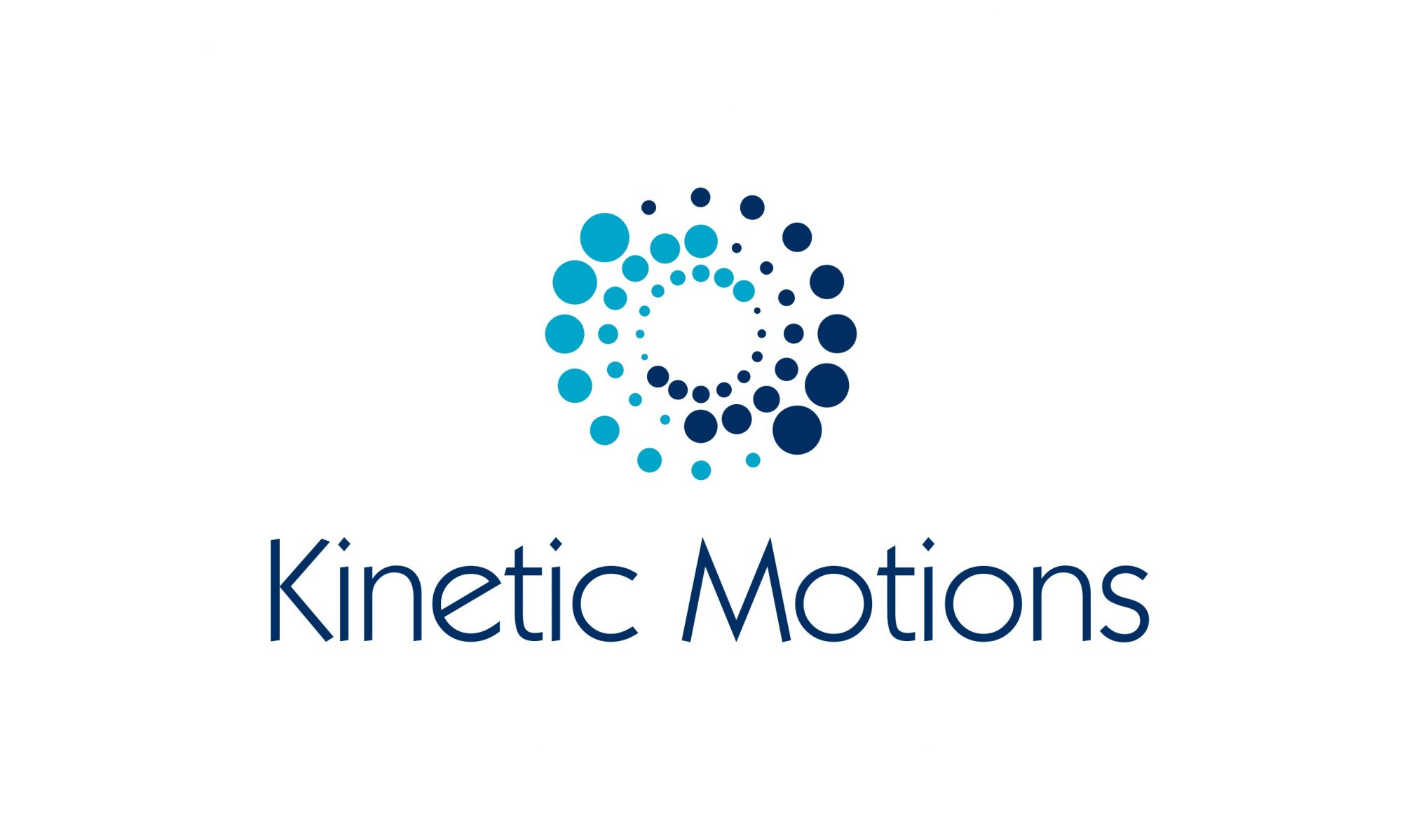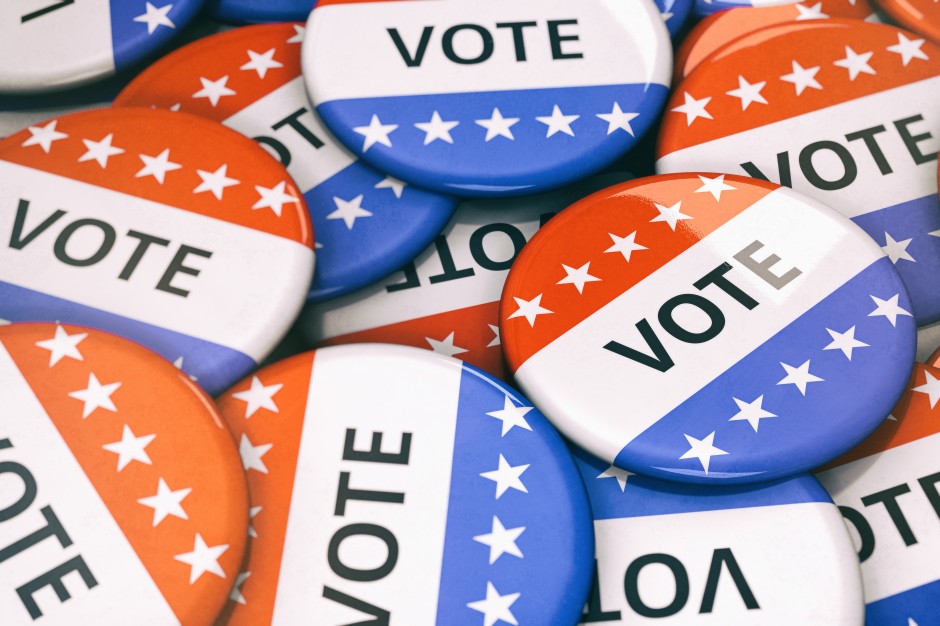When I created Kinetic Motions I decided to focus on various topics, including sports, travel, family and general musings. I thought I would avoid more hot-button topics like politics. I am not politically active, I don’t support a particular political party and I consider myself someone who has an open mind. Countries like Canada, United States, Britain and France are all democracies (though they are different kinds of democracies, such as a Republic or Constitutional Monarchy) and all have held federal elections in the last couple of years. I read a lot of news, watch a lot of coverage on TV and listen to many debates on the radio and today I ask myself, who elects our leaders?
The quick answer is simple – we, the people, do. That’s common sense as at the end of the day, the citizens who are the age of majority directly or indirectly decide who elects our leaders.
But, in reality it’s not that simple. Shaking hands at community events, knocking on doors, dropping leaflets in mailboxes and even personalized phone calls will not get you elected in 2017 (or 2015 or 2016). Maybe that was never enough to get you elected. While I think that mass media has always played a role in influencing political campaigns, never before over the last few years, have I seen media – traditional, online and social – play such a huge role to determine who elects our leaders.
In a democracy, it’s not just important it is imperative that we are educated about politics, that we vote and that we question our government’s actions. But have media become obsessed with doing that? For the last few years I can’t turn on the news on TV, check my Twitter feed or log on to a news website without finding headlines about the American political leadership in particular but also about scandals or battles between politicians in other countries around the world.
Without any statistics to back me up, I would say that a majority of journalists, bloggers and political analysts spoke out strongly, forcefully and often against one candidate in particular in the American Presidential election in 2016. Words such as liar, arrogant, buffoon or egotistical are some that I remember hearing and reading in their bid to discredit this individual. But could it be that their obsession with this candidate, their derogatory attitude and comments pushed a large number of disenchanted voters in the opposite direction and that these said journalists, bloggers and political analysts may actually have helped this individual win the election?
Could the same be true in other democracies? Has the obsession with certain candidates, whether they are liked or despised by media, influenced the outcome of the election in an obvious way? And does that obsession continue even after an individual is elected? In the case of the American elections I would say yes. Let’s continue to hold our political candidates and elected leaders accountable, but let’s also be responsible about how we do that – so that we, the people, can make a fair, educated and reasonable choice.


